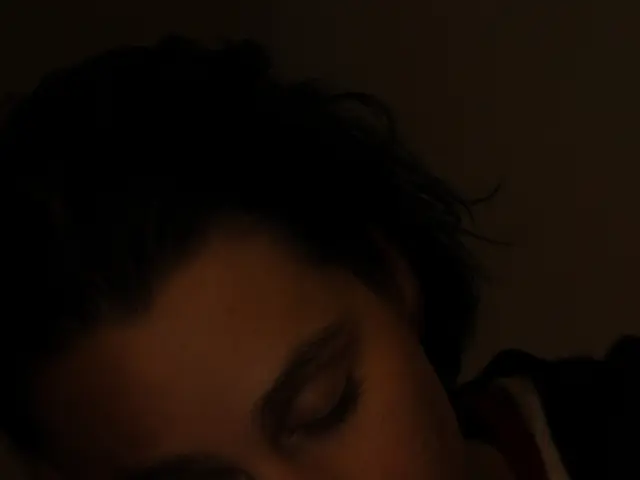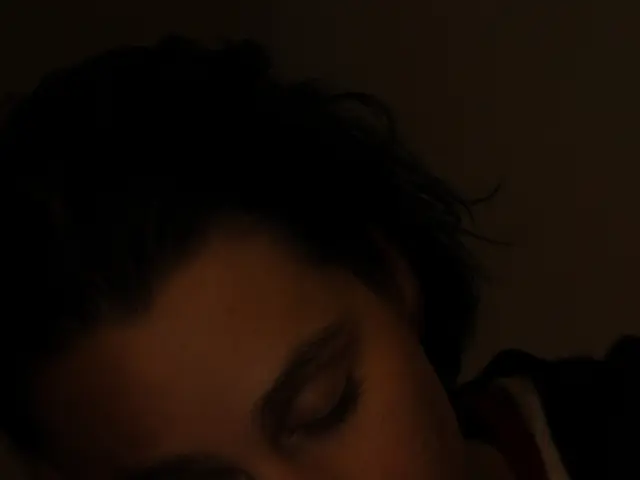Is Consuming Regular Food During a Juice Detox Harmful?
Hitting a diet roadblock? Juice cleanses might've crossed your mind, but are they really the key to a healthier you? Let's debunk the juice cleanse myths, shall we?
First thing's first: juice cleanses. What are they, exactly? They're short-term, strict diets that involve drinking only freshly squeezed fruit and vegetable juices for a specified period, often used for detoxing or weight loss[1].
But here's the kicker: juice cleanses might not be as effective as you think. Your body naturally detoxes itself through its organs, like the liver and kidneys[2]. Drinking juiced fruits and vegetables might actually be less effective than just consuming whole fruits and vegetables, as juicing removes most of the fiber that helps digestion[2].
Moreover, juice cleanses aren't those tropical paradise vacays you might imagine. Expect rumbling tummies, cravings for drive-thru food, and feelings of deprivation[3].
Now, if you're thinking, "Well, can't I just eat on a juice cleanse?" The answer is a resounding YES! In fact, some people use food on their juice cleanses to make the experience more manageable. Just remember that eating during a cleanse will slow your weight loss, which is typically temporary, given that juice cleanses aren't sustainable[3].
So, if you wanna make juice cleanses work for you, here are some tips:
- Embrace whole foods: Nix out the processed stuff, refined sugars, and dairy products[4].
- Gradual return: Reintroduce solid foods slowly after the cleanse to ease your digestive system[4].
- Chow down on the good stuff: Consume whole grains (like brown rice and quinoa), fresh fruits and veggies, legumes, and plant-based proteins, and don't forget healthy fats[4].
- Hydrate: Stay hydrated with water and herbal teas[4].
- Small bites: Opt for small meals throughout the day instead of big ones[4].
Remember, every good plan, with or without a juice cleanse, needs a personal touch to make it sustainable and achieve your health goals. So, go on, make the cleanse yours and remember: you do you!
[1] https://www.ncbi.nlm.nih.gov/pmc/articles/PMC4037144/[2] https://www.mayoclinic.org/healthy-lifestyle/nutrition-and-healthy-eating/expert-answers/juice-cleanses/faq-20058621[3] https://www.healthline.com/nutrition/juice-cleanse-benefits#air-hangriness[4] https://www.healthline.com/nutrition/how-to-transition-off-a-juice-cleanse#transition-techniques
- It's likely that steering away from juice cleanses and focusing on other nutrition such as whole foods, fresh fruits, veggies, whole grains, legumes, plant-based proteins, and healthy fats, might be a more effective path towards a healthier lifestyle.
- While it's possible to eat during a juice cleanse, it's important to remember that doing so will likely slow weight loss, which is typically temporary as juice cleanses aren't sustainable in the long run.
- Instead of strictly adhering to a juice cleanse, consider making gradual changes to your diet, cleaning out processed food, refined sugars, and dairy products, and consuming more water, herbal teas, small meals throughout the day, and foods like brown rice, quinoa, fresh fruits, vegetables, legumes, and plant-based proteins for a more balanced and sustainable approach to cleansing.








